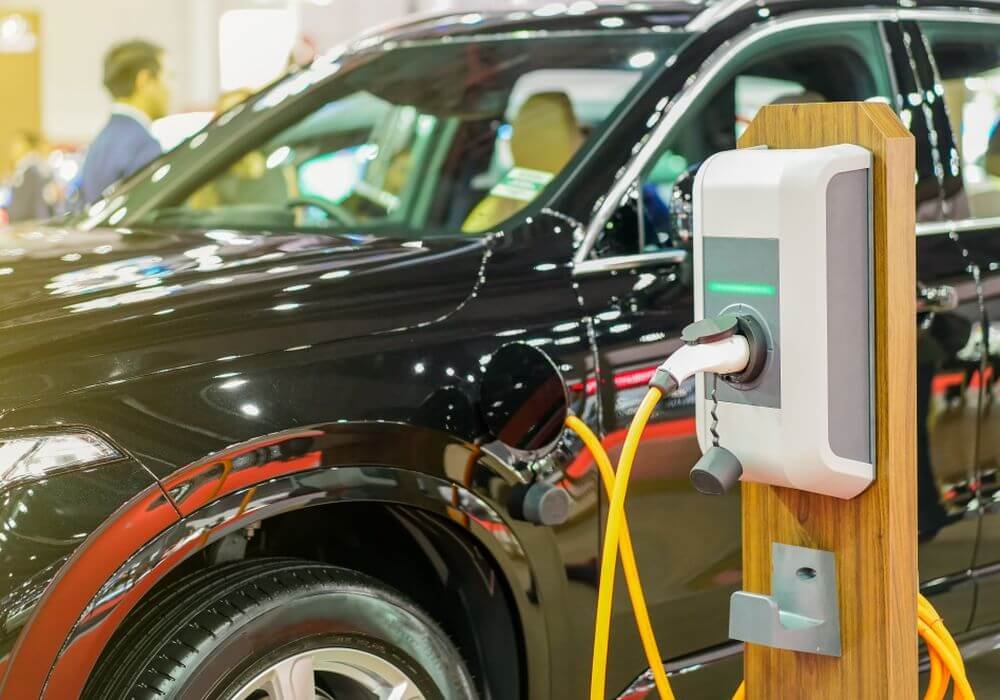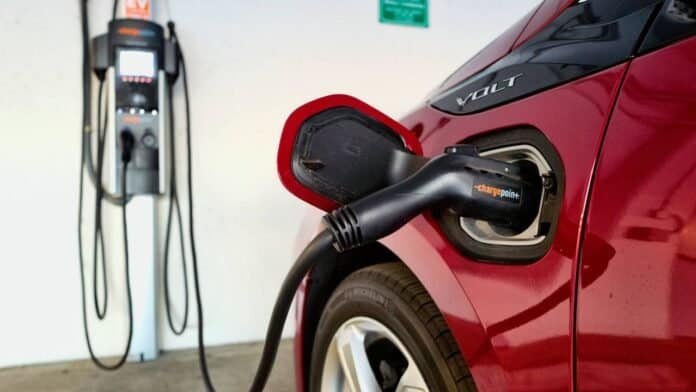The electric vehicle (EV) market in India is expected to increase significantly as the globe shifts to a more ecologically friendly and sustainable future. The Indian EV market is anticipated to boom over the next three to four years due to government initiatives to encourage EV adoption and the entry of international players like Tesla.
Why should you purchase an electric vehicle in 2024?
Here are the top 5 reasons to purchase an electric vehicle (EV) in India as of 2024:
- Increasing Accessibility:
Because of growing economies of scale in battery manufacturing and government incentives, the cost of electric vehicles (EVs) has been progressively falling in India. As to the search results, EVs are now more affordable for Indian buyers, with the global average selling price being approximately $36,000 (Rs 27 lakh). Furthermore, the price of lithium-ion batteries, which make up half of an EV’s cost, has decreased to about Rs 5.7 lakh globally. It is anticipated that this trend will continue, making EVs even more affordable in the Indian market.
- Increasing the Infrastructure for Charging:
The absence of a comprehensive infrastructure for charging EVs in India has been one of the main obstacles to their adoption. This is quickly changing, though. According to the search results, the Indian government is proactively addressing this problem and intends to create 500,000 charging stations by 2030 in order to boost consumer confidence. For Indian consumers, EVs will be a more sensible and practical option thanks to this increased charging accessibility.

- Environmental Benefits:
Six of the ten most polluted cities in the world are located in India, a nation that suffers from extreme air pollution. Switching to electric vehicles (EVs) can be very important in tackling this issue. According to the search results, the Indian government plans to switch to electric vehicles, which will reduce carbon emissions by 37% by 2030. This is consistent with the nation’s aim of attaining net-zero emissions by 2070 and its commitment to the Paris Climate Accord.
- Government Policies and Incentives:
By implementing a number of policies and incentives, the Indian government has taken the initiative to encourage the use of electric vehicles. According to the search results, by 2030, the government wants to see 70% of commercial vehicles, 30% of private automobiles, 40% of buses, and 80% of two- and three-wheelers on the road as electric vehicles. Financial incentives like tax breaks and subsidies help to achieve these lofty goals, which makes EVs a more alluring choice for Indian consumers.
- Developments in Technology:
Indian automakers have been keeping up with the rapid technological breakthroughs in the electric vehicle (EV) market in recent years. The search results show that significant international automakers are making significant investments in creating new electric vehicle platforms and models, especially for the Indian market. These manufacturers include Hyundai, Toyota, and Volkswagen. The introduction of cutting-edge electric vehicle (EV) technology will give Indian customers more choices and better performance, which will accelerate the uptake of EVs.
In conclusion, there are many reasons for people to think about buying an electric car as their next purchase, and the Indian EV market is ready for major growth. Electric mobility in India appears to have a bright future thanks to rising affordability, growing charging infrastructure, environmental advantages, government assistance, and technology breakthroughs.


